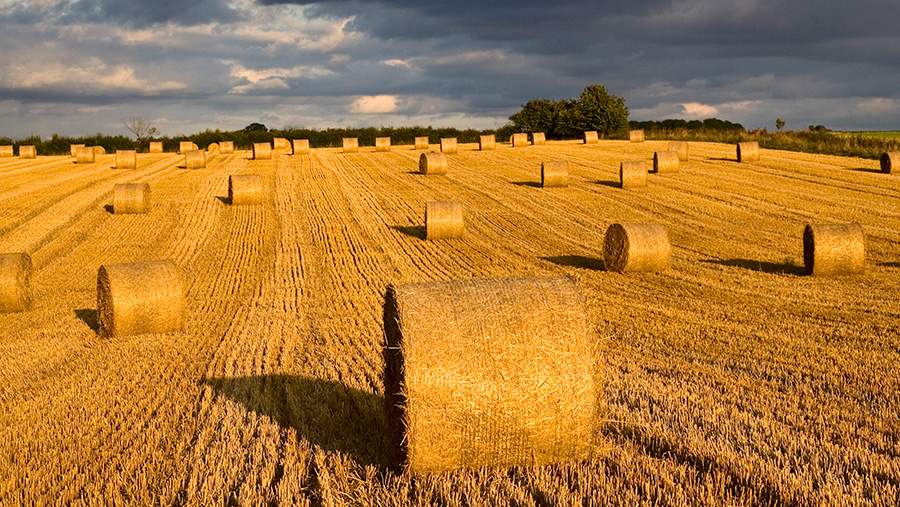How farm rules may change if UK leaves EU
 © Tim Graham/Robert Harding/REX/Shutterstock
© Tim Graham/Robert Harding/REX/Shutterstock
UK regulators and lawyers face an enormous task should the country vote to leave the EU in the upcoming referendum, with many laws that apply to individuals and businesses swept away almost overnight.
“The European Communities Act of 1972 will be repealed and many of the implementing regulations that are derived from EU law will also disappear,” says top EU lawyer Isabelle Corbeel-Mercer.
For example, the laws around Pillar 1 of the CAP will have no standing and will have to be replaced by domestic legislation. And the rules supporting rural development – Pillar 2 of the CAP – will also disappear.
See also: Your letters on the EU referendum debate
“But there are also many areas of law that are already enshrined in domestic legislation – supported by Acts of Parliament – and in these areas, not much will change,” she says. These include:
- Environmental legislation: While the EU Habitats Directive would disappear, legislation such as the Natural Environment and Rural Communities Act 2006, and the Wildlife and Countryside Act 1981 would continue to provide a framework for environmental protection.
- Animal health and welfare: The European Convention for the Protection of Animals kept for Farming Purposes and the UK Animal Welfare Act 2006 will ensure most welfare legislation continues to apply.
- Plant protection: Most of the legislation in this area is EU legislation, which will disappear. But what replaces it will be very similar, because trade with the French or Germans will depend on the UK meeting their standards on levels of pesticide use.
- Phytosanitary measures: EU rules ensure member states inform each other when any harmful organisms are detected, and take all measures to destroy them. The UK will want to stay in the loop on this.
- GMOs: Brussels initially had control on the cultivation of GMS’s, but more recently it gave the power to member states, so it’s already a national decision.
- Labelling: EU regulation will disappear, but in practice there will not be much change if the UK wants to trade with the EU.
Confusion rules
In some other areas, however, things are likely to be more complicated, and farmers and food chain partners could find themselves more in limbo.
“Food safety is one area of difficulty,” says Mrs Corbeel-Mercer.
“In England we have the Food Safety Act 1999, which is primary legislation, so will remain. But we also have some more recent EU regulation which has made changes to the UK legislation, for example in terms of the definition of food and the penalties for breaches. I don’t know how that is going to work.”
She also points to laws surrounding products with Protected Geographical Indication status, such as Wensleydale cheese and Cornish pasties.
Even though this is all tied up in EU law, the most recent regulations do extend the system to non-EU countries that meet the corresponding criteria.
I’ve heard people say that nothing will really change. Nonsense – everything will change – and I don’t think that two years is enough to fill the gaps Isabelle Corbeel-Mercer
“It hasn’t been applied yet, but it’s possible that there will be an open door even after Brexit and all those denominations will stay,” says Mrs Corbeel-Mercer.
One area that will change dramatically, however, is nitrates in water.
“The nitrate regulation in England is taken under EU law,” she says. “The measures are unpopular, they are costly – for farmers and the government. Following Brexit, everything goes. There will be nothing. Any kind of replacement will need to be built up from scratch.”
According to Mrs Corbeel-Mercer, a decision to leave the EU will create turmoil – and a lot of work for lawyers.
“I’ve heard people say that nothing will really change. Nonsense – everything will change – and I don’t think that two years is enough to fill the gaps.
“Even if you have got the policy, it is not just producing the legislation – it’s more complex, because some bits exist here and there, and you have to have everything fitted together like a jigsaw. That is an enormous job and will take more than two years.”
